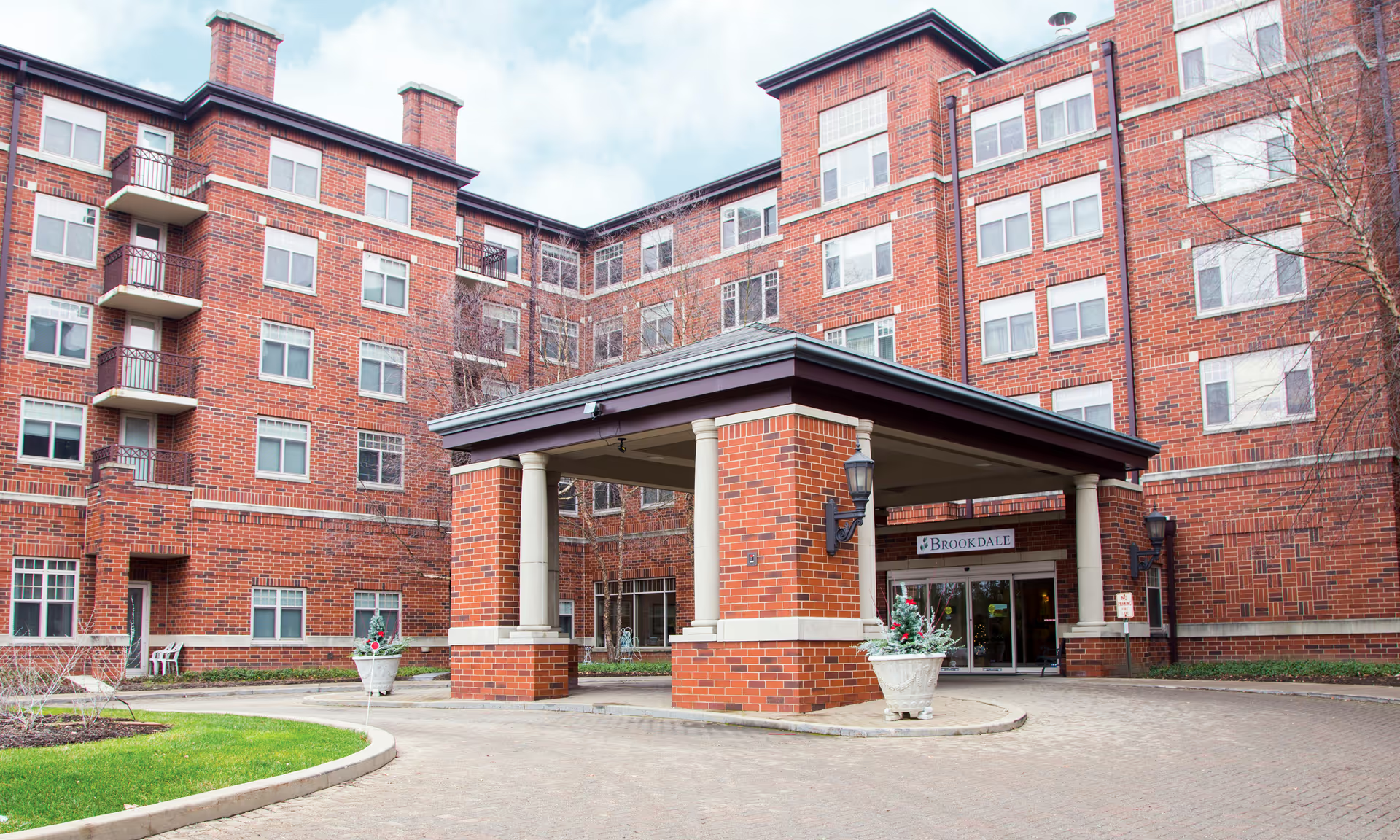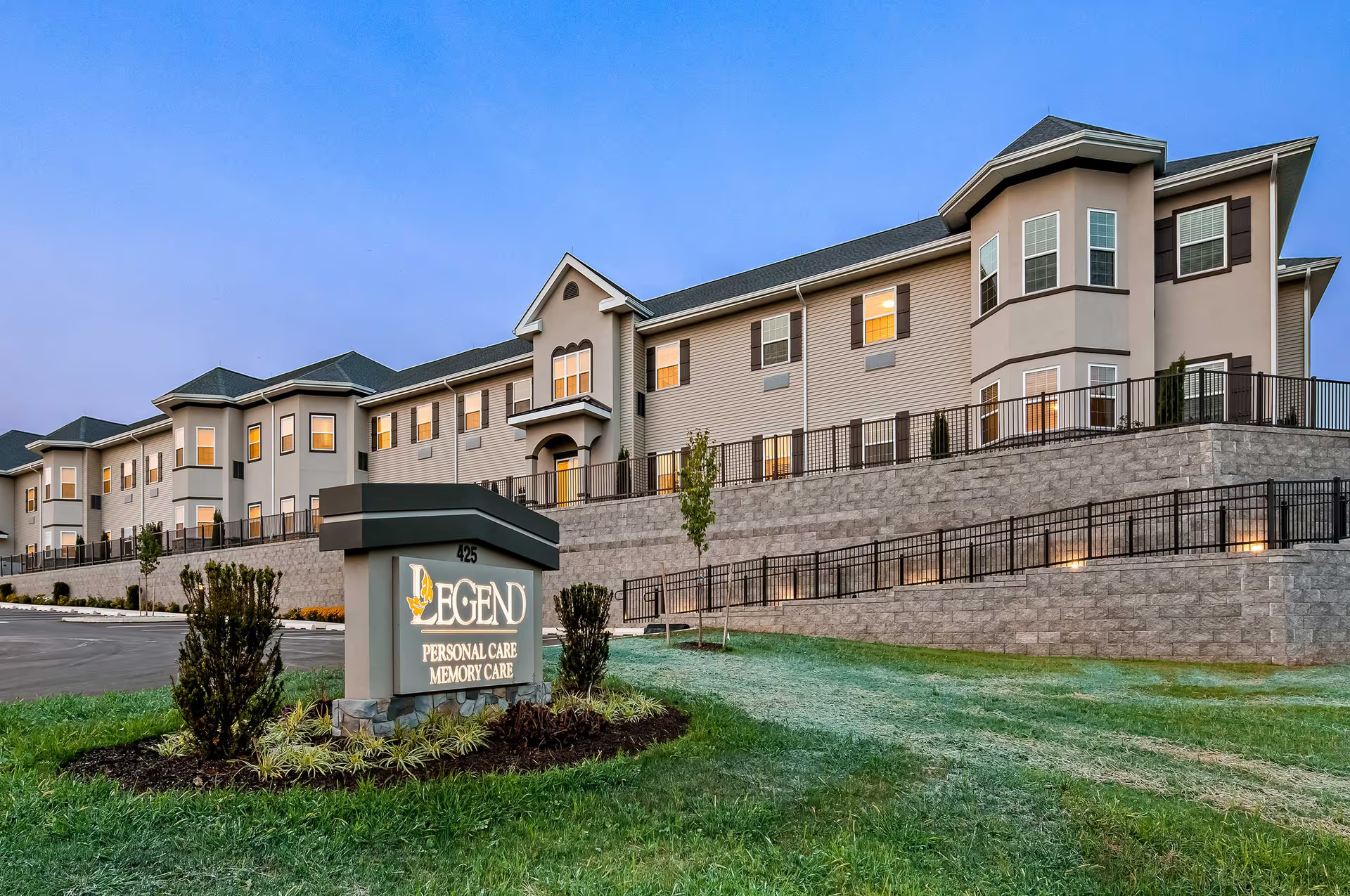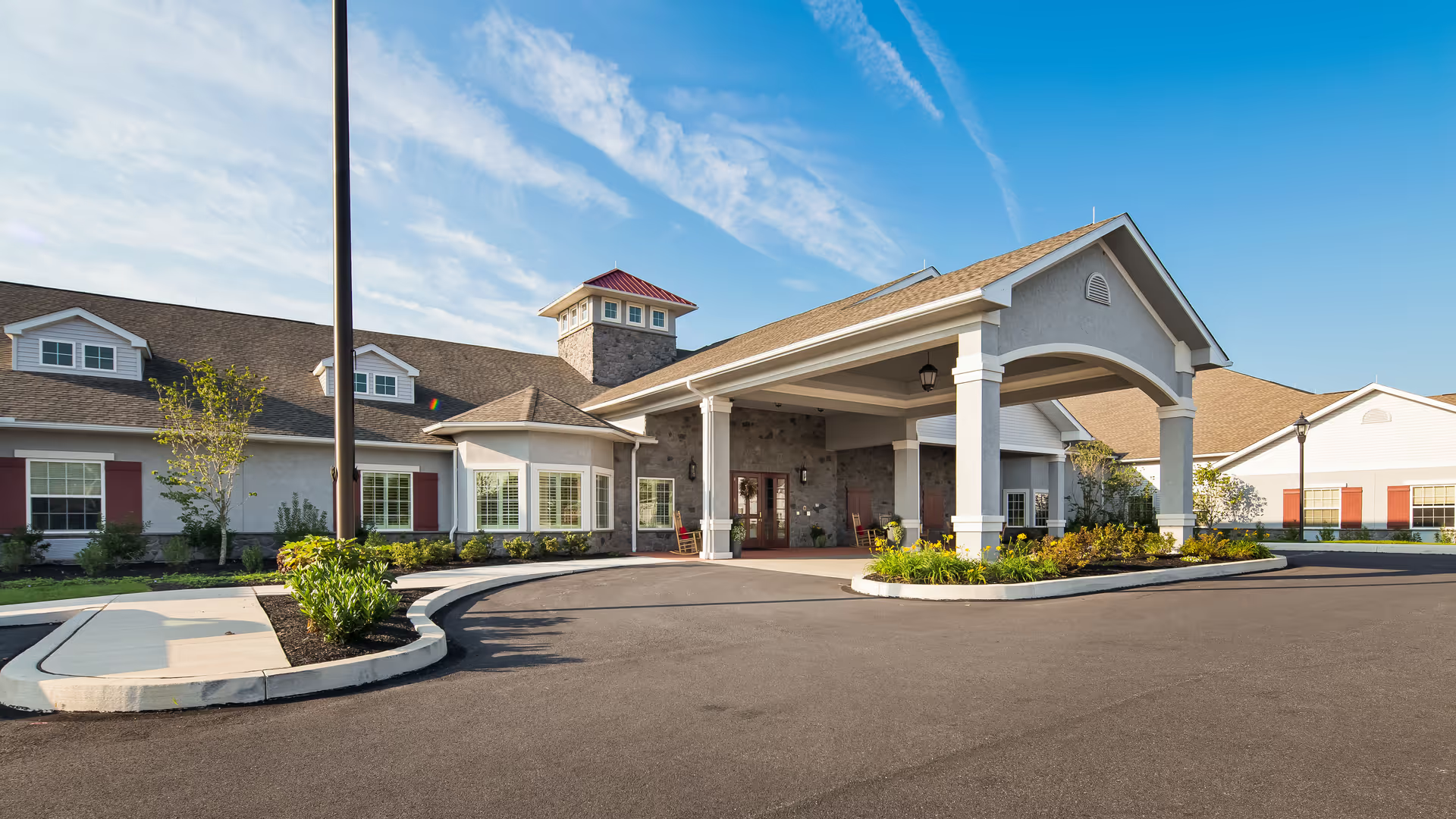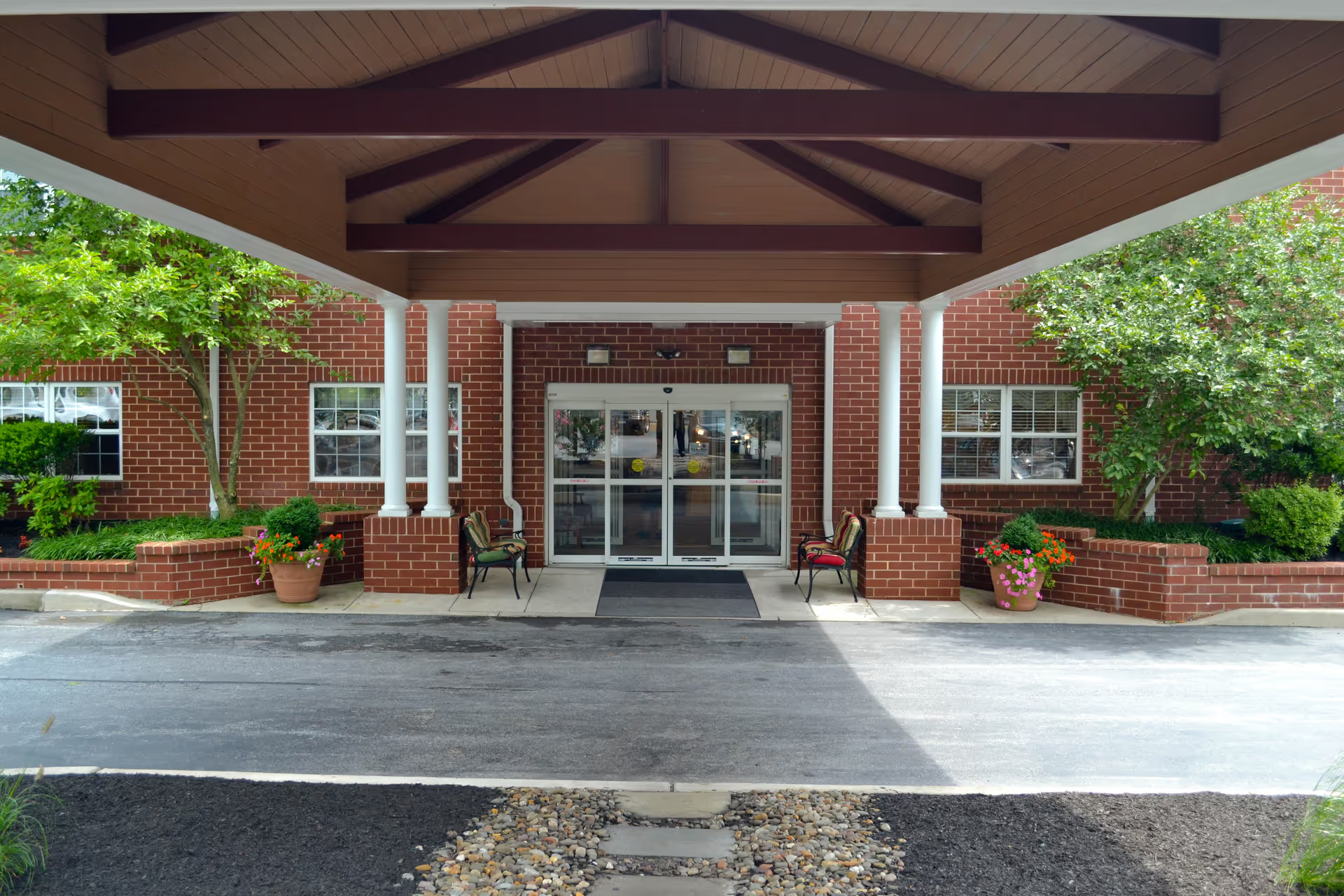The review set for Friendship Richfield Living - Joseph C Thomas Center is distinctly mixed, with strong positive impressions of the physical environment and individual staff members but persistent and serious concerns around staffing levels, supervision, activities, and consistency of management. Multiple reviewers praise the facility’s appearance and upkeep — describing beautiful decor, large well-maintained rooms, good daylight/lighting, no odors, clean grounds, and a welcoming, homey atmosphere. These consistently positive comments suggest the physical plant and housekeeping are real strengths and are experienced similarly across families.
Care quality and staff performance are described in two conflicting but recurrent ways. Several families report deeply caring, professional, and attentive staff who provided personalized care, supported hospice involvement, and eased difficult transitions. These reviewers highlight kindness, attentiveness, and situations where staff went above and beyond (including accepting short-notice admissions and fostering peaceful end-of-life care). Conversely, an equally prominent thread of reviews describes chronic understaffing that compromises care: inadequate supervision, residents left alone frequently, and even falls attributed to lack of staff oversight. The prevailing pattern is that individual staff members may be compassionate and competent, but staffing levels and allocation appear insufficient, leaving residents vulnerable and families dissatisfied in many cases.
Activities and daily life for memory-care residents emerge as a notable weakness. Several reviewers state that memory care activities are nonexistent or minimal — with one reviewer explicitly noting one activities person serving five households. The result described is residents spending long stretches idle between meals, very little structured social/mental/physical/spiritual programming, and families perceiving residents as left to fend for themselves. This gap in programming is particularly significant in a dementia-specific setting where daily engagement is a core component of quality-of-life and safety.
Dining receives mixed feedback. Some reviewers praise the food, while a number of others call the meals "horrible" or criticize limited variety and a sandwich-heavy menu. Overall, food quality appears inconsistent between experiences: it is average-to-poor for several families and acceptable-to-good for others. Housekeeping and room quality, however, are consistently praised — private rooms, cleanliness, and lack of odors come up repeatedly as positives.
Management and consistency are areas of concern for multiple reviewers. Several comments point to misleading promises at move-in, inconsistent follow-through, and in a few cases serious allegations around management behavior — including claims of false accusations and poor treatment by staff or administration. There are polar opposite family experiences: some describe the director as flexible and reassuring (even allowing self-guided tours), while others describe feeling misled or mistreated. Safety-related comments — locked units appreciated by some but noted as a concern by others — combined with reported supervision shortfalls underline an inconsistent application of policies and practices.
In summary, the strongest, most consistent positives for Friendship Richfield Living - Joseph C Thomas Center are the facility environment (clean, well-kept, large rooms, good lighting), the presence of caring individual staff members, attentive housekeeping, and the ability to coordinate hospice care when needed. The most significant recurring negatives are understaffing, inadequate supervision (with safety implications), a lack of meaningful memory-care activities, and inconsistent experiences with food and management communication. Prospective families should weigh the trade-off between a well-maintained, homey physical setting and reports of insufficient staffing and programming. When considering this facility, it would be important to ask specific questions about current staffing ratios, activity staffing and schedules, fall and incident history, dining menus, and policies around family communication and dispute resolution to clarify which of the divergent experiences they are most likely to encounter.







